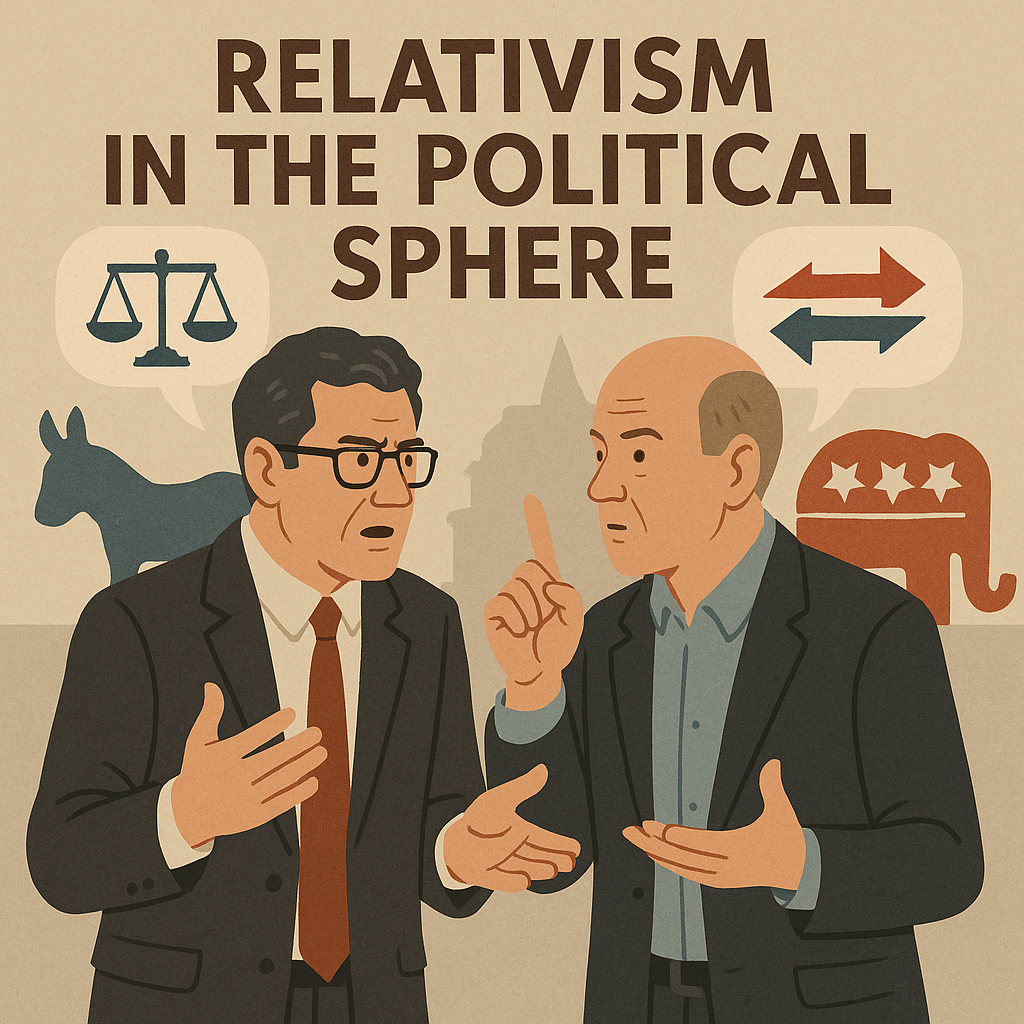In the 2019 documentary, The Kingmaker, Imelda Marcos commented that “perception is real, truth is not.”
The statement underscores the Marcos family’s active endorsement of — if not direct participation in — shaping alternative narratives about their legacy, effectively contributing to the distortion or erasure of historical truths from the nation’s collective memory.

Collective memory, by its nature, transcends individual recollection; it is a socially constructed phenomenon shaped by shared experiences, cultural frameworks, and institutional influence. The resurgence of the Marcos family’s popularity can be attributed to the deliberate construction and dissemination of curated memories and revisionist accounts, particularly targeted at the country’s youth.
Key social institutions — including the family, educational systems, mass media, religious organizations, and the government — play a crucial role in mediating and reinforcing these narratives, significantly influencing how younger generations perceive this contentious chapter of Philippine history.
The statement “perception is real, but the truth is not” highlights the distinction between subjective experiences and objective reality, suggesting that our understanding of the world is often shaped by personal perceptions rather than absolute truths.
I had a good discussion with one of the community members about the existence of absolute truth and perceptions of reality. She pointed out that Truth has now become a concept at least in the political sphere. Truth is always relative and there is no absolute truth. She may believe in the existence of an absolute truth (being a devout Catholic) specially in religion but not in politics. She said that “Political information is always relative that even fact finding institutions are somewhat biased. Your truth may be different from my truth”. Is her statement correct?
She may have been influenced (subconsciously) either by the politicians narrative such as the Marcoses and the Dutertes. This kind of narratives are often used by fascist and dictators in order to control the minds of their supporters so that they must not rely on other sources of information but from them alone. Mainstream media and Fact Checking institutions are biased and therefore they should only listen to them and their ‘volunteered vloggers’.
Is it true that there is no (absolute) Truth?
In Postmodernism, truth is constructed by language, power, or social forces. Thinkers (like Foucault or Derrida) argue that what we call “truth” is often shaped by dominant discourses and institutions The implication is that the truth is not discovered but created—and often manipulated. Ironically, the statement “There is no Truth” is self-refuting. It is not absolute.
In recent years with the start of the social media, we have entered what many call the “post-truth” era, where emotions and beliefs often outweigh facts in political discourse. Politicians, media, and interest groups can manufacture consent by repeating certain ideas until they feel “true.” Example is the misinformation campaigns, political propaganda, or denial of scientific consensus (e.g., climate change or election denial). They instill to the minds of the people that “Truth is determined by a majority.” This is contrast to the what Pope Benedict quoted as:
“Truth is not determined by a majority vote.” – Pope Benedict XVI
Political regimes throughout history (e.g., Nazi Germany, Soviet Russia, or modern authoritarian states) have demonstrated that truth can be engineered or manufactured. George Orwell captured this in 1984 with the slogan:
“War is peace. Freedom is slavery. Ignorance is strength.” – George Orwell
This shows how political language can invert reality and erase shared, objective and absolute truths.
